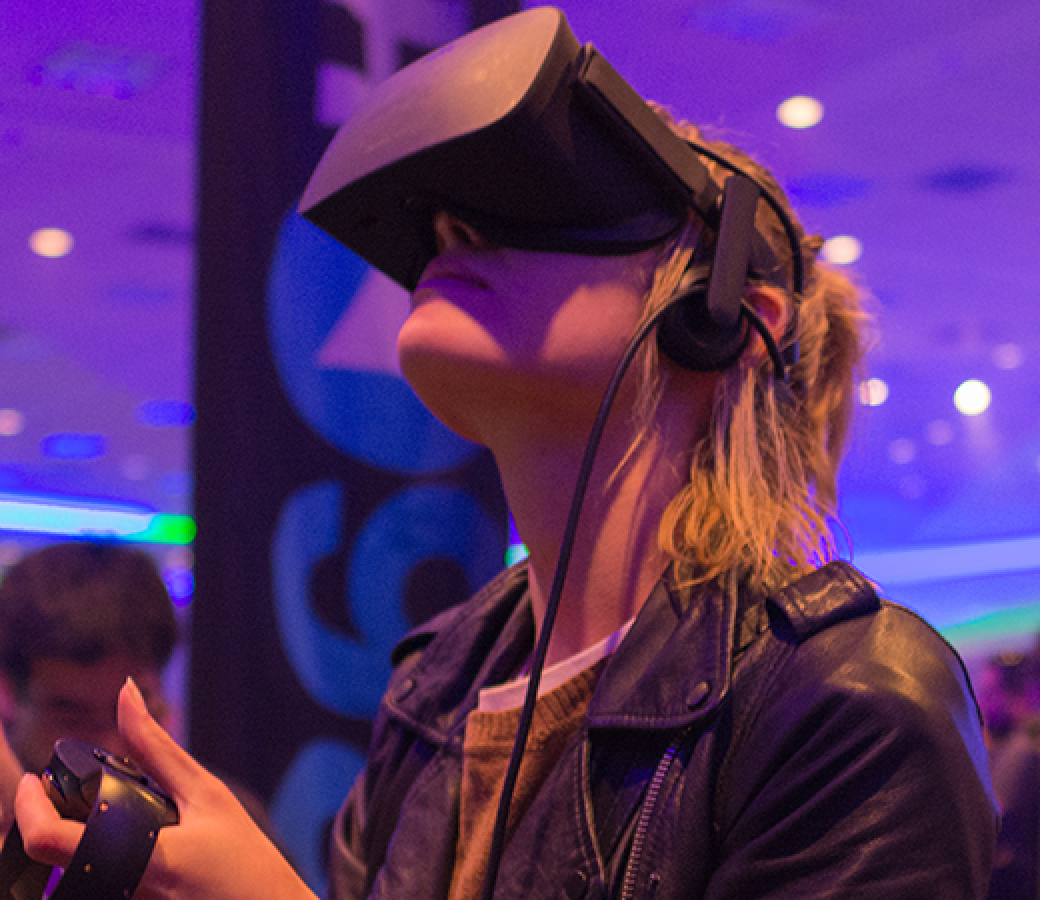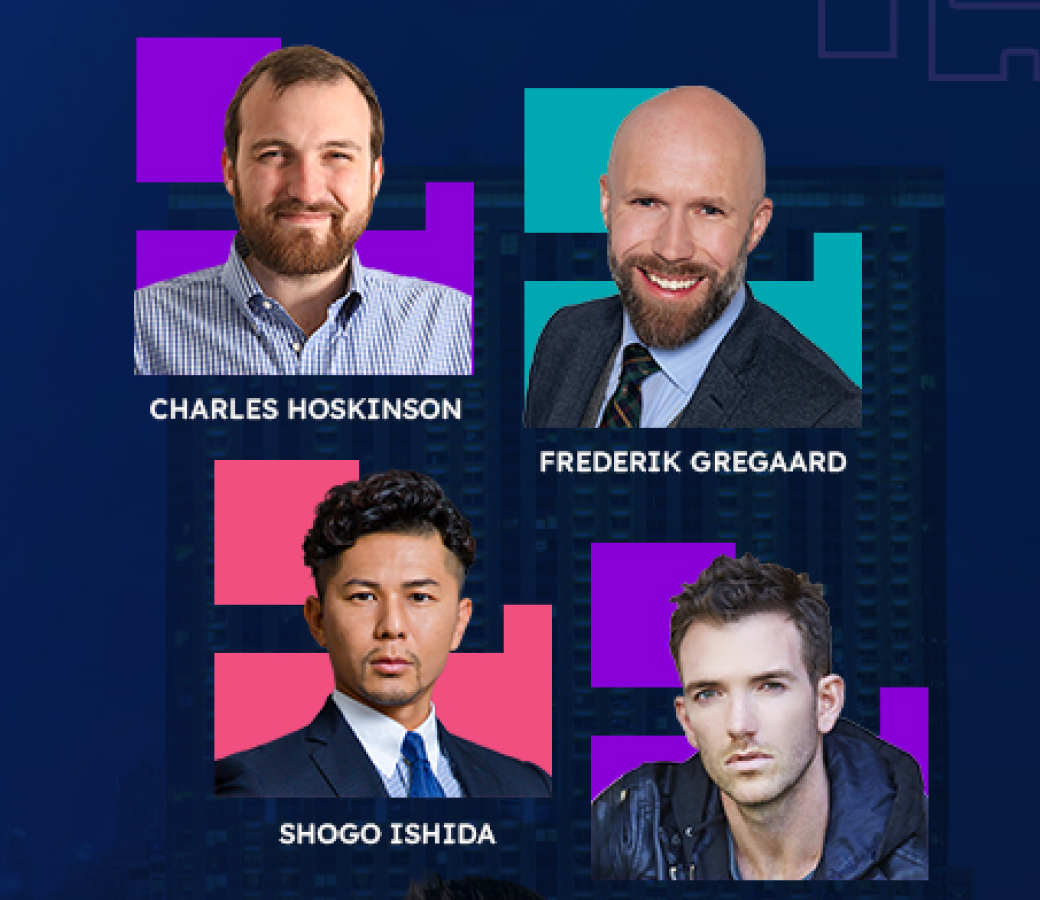Esports is a multi-billion industry that’s projected to continue to grow exponentially in the coming years. In 2018, data has shown that there are 2.2 billion gamers in the world and for every group of 4, one person is a gamer. Yet, with 2.2 billion gamers & US$1.5 billion in revenue, only a small percentage goes back to the players.
Will it be the blockchain or cryptocurrency that’s accepted by the video game industry first or will it be casual games or esports that powers it?
The answer lies in the business model powering the gaming industry’s revenue.
Blockchain applications across esports
Without blockchain, the esports industry is a commercialised one-way street for corporations to take advantage of the vast majority of gamers. There are 2.2 billion gamers but only the top 3% of esports players get rewarded because esports tournaments are scarce and only cater to the best players. Using blockchain technology, our tournament hosting platform — Bountie creates opportunities by allowing everyday gamers to host their own tournaments.
FirstBlood, an eSports platform created on the Ethereum blockchain, decentralizes tournament setup and winnings distribution. It allows players to test their skills without being dependent on traditional money transfers, financial regulations and middleman corruption.
With FirstBlood, players can game solo or with a team in order to improve their skill through games in a competitive environment.
Bringing games to the next level
The blockchain is about more than just cryptocurrencies. It provides an immutable digital ledger that can be decentralized or distributed. Using blockchain technology, tracking video game scores, stats, and assets in everything from first-person shooters like “Call of Duty” and “Fortnite” to MMOs like “Minecraft” and “Fallout 76” can be done across all platforms.
DreamTeam takes blockchain-powered tournaments one step further by creating a recruitment and management platform for amateur, novice, and pro teams. Blockchain-based smart contracts ensure contractual financial relations for all users without the participation of third parties and one function of DreamTeam is to aid the development of small tournaments and secure payments.
Blockchain has the potential to revolutionize a wide variety of industries, but with eSports’ audience made up of younger, tech-savvy individuals, blockchain is more easily embraced. Every corner of eSports is ripe for rethinking. Aiding amateur gamers through team building and tournaments is only the beginning.
Moving forward
In the coming years, you’ll see increasingly more tech startups utilizing blockchain technology to solve the pain points in esports. In fact, as innovation continues to take place, blockchain won’t be the only technology to change the esports landscape.
The only question right now is: how well will gamers adapt and accept technological implementation?
Get more insights on how blockchain technology would bring revolutionary changes to the industry at the World Blockchain Summithappening in Taipei this April.



